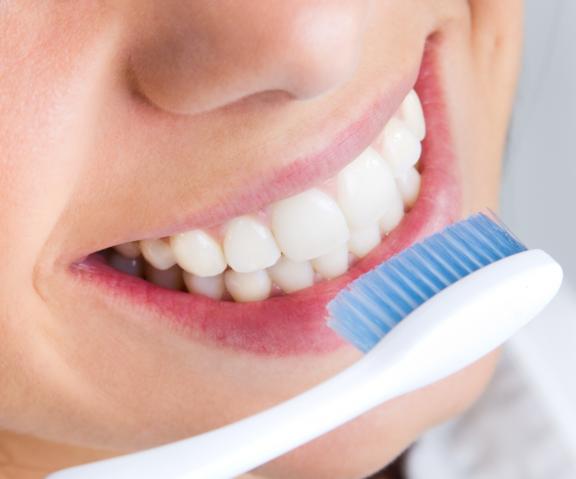Dental Hygiene
Did you know that more than 600 species of bacteria live inside your mouth? While most species are harmless (some are even beneficial and aid digestion), there are others that affect your oral health causing tooth decay and gum diseases. Some harmful bacteria include Streptococcus Mutants and Porphyromonas Gingivalis- while the former produces acids that erode tooth-enamel, the later causes periodontis. Once infected, you cannot eliminate these bacteria without professional help. But thankfully it is easy to prevent and control bacterial growth. To keep your mouth free from harmful bacteria, follow these simple yet important steps:
Brush twice a day and floss once every day:
Brush your teeth for a minimum of three minutes. Floss helps to remove bits of food between teeth. Change your brush once every three months or when they become frayed- whichever is earlier. Snacking between meals should be avoided as this encourages bacterial buildup. Use a mouthwash to prevent bacterial growth.
Control sugar intake:
Sugar encourages bacterial growth. These bacteria produce acids that erode tooth enamel. Sticky food like candies should be avoided. Alcohol, cigarettes, coffee, sodas, etc. contain very high levels of phosphorus and stain the teeth. Instead include a calcium rich diet in your meals for strong and healthy teeth. Milk, cheese, yoghurt are excellent sources of calcium. Eating crunchy food like apples, carrots, and celery help to clean the teeth and scrub off stains.
Common Dental Problems Include:
Plaque:
This refers to a sticky substance caused by eating sticky and sugary food. Plaque forms a thin layer on the teeth and leads to tooth decay. Flossing and brushing helps to remove plaque.
Tartar:
Tartar is formed when the plaque on your teeth hardens. Teeth with tartar are yellow or brown in color and cause problems like gingivitis when left untreated. Brushing with a tartar -control toothpaste and rinsing with mouthwash helps to remove tartar.

